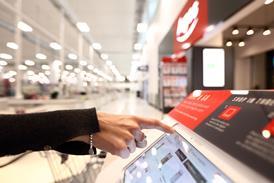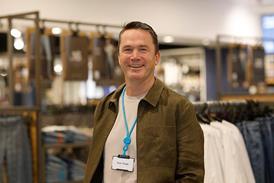Analysis: How The Hut Group is supercharging its growth

The Hut Group has recorded another year of swelling sales and profits – Retail Week speaks to boss Matthew Moulding about how it has done it.
As the beauty and wellbeing etail group, which owns brands ranging from beauty box subscription service Lookfantastic to luxury cosmetics label Illamasqua, posted an impressive 31% uplift in full-year EBITDA to £91m, bolstered by a 24% rise in group sales to £916m.
While many a retail boss might underplay the work that goes into delivering that kind of result, Moulding takes a more straightforward approach.
“There were plenty of months last year when it was just a world of pain – this year has been really good so far but there have also been parts that have felt bloody horrendous,” he says.
Already have an account? Sign in here



















